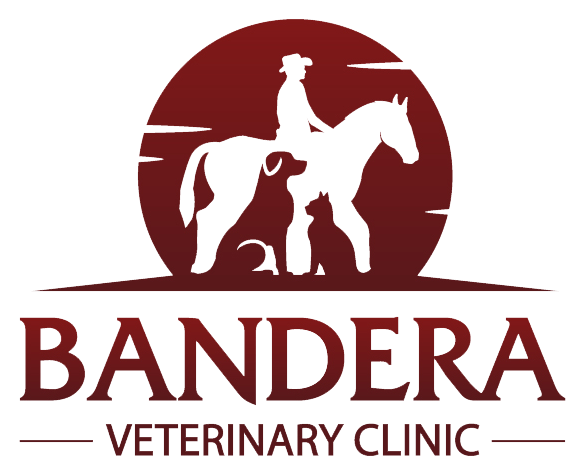Library
-
Epistaxis means simply bleeding from the nose. The term can therefore cover anything from a tiny trickle down one nostril to a heavy gushing from both nostrils. Blood that appears at the nostril can originate from anywhere in the upper or lower respiratory tract including the sinuses or other closely related structures of the head.
-
Horses and ponies are efficient herbivores and one of the key adaptations that evolution for a life of grazing has equipped them with is a set of hardwearing and specialized teeth.
-
There are four Herpesviruses that are widespread in the horse environment and that are associated with a variety of disease syndromes in horses. They are called Equid Herpesviruses 1, 2, 3 and 4 (EHV-1, EHV-2, EHV-3 and EHV-4).
-
Equine Infectious Anemia (EIA), sometimes called 'swamp fever' is an infectious disease that causes acute, chronic or symptomless illness, characterized by fever, anemia, swelling and weight loss in horses, ponies, mules and donkeys.
-
This condition takes its name from the comparable human condition, metabolic syndrome. It is a complex, multi-factorial problem involving numerous body systems. In humans it increases the risk of stroke, heart attack, diabetes and other potentially serious medical disorders.
-
EVA is a highly contagious disease that can cause a 'flu-like' illness of varying severity and occasionally abortion or even death in horses. It is found in many different parts of the world and is endemic (widespread) in many continental European horse populations.
-
Erythromycin is given by mouth or injection and is used off label to treat bacterial infections and gastrointestinal motility problems in many animal species. Common side effects include diarrhea, lack of appetite, and vomiting. Do not use in pets that are allergic to it, have liver disease or dysfunction, or in pets such as rabbits, gerbils, guinea pigs, or hamsters. If a negative reaction occurs, please call your veterinary office.
-
Horses are kept for many different reasons including athletic competition, breeding, pleasure riding and companionship.
-
Injuries to the eye and surrounding areas of the head and face are relatively common in horses and ponies due to their inquisitive nature and as a result of "arguments" with each other and with structures such as stable doors, fence posts, trees, etc.
-
Eyebright is an over the counter supplement, given by mouth or used topically as an adjunctive treatment for infection and inflammation of the eyes, skin, or mucous membranes. Give as directed by your veterinarian. The most common side effect is a sensitivity reaction that may include redness, itching, or irritation. Do not use in pets that are allergic to it or that are pregnant, nursing, have had eye surgery, or have diabetes. If a negative reaction occurs, please call your veterinary office.



